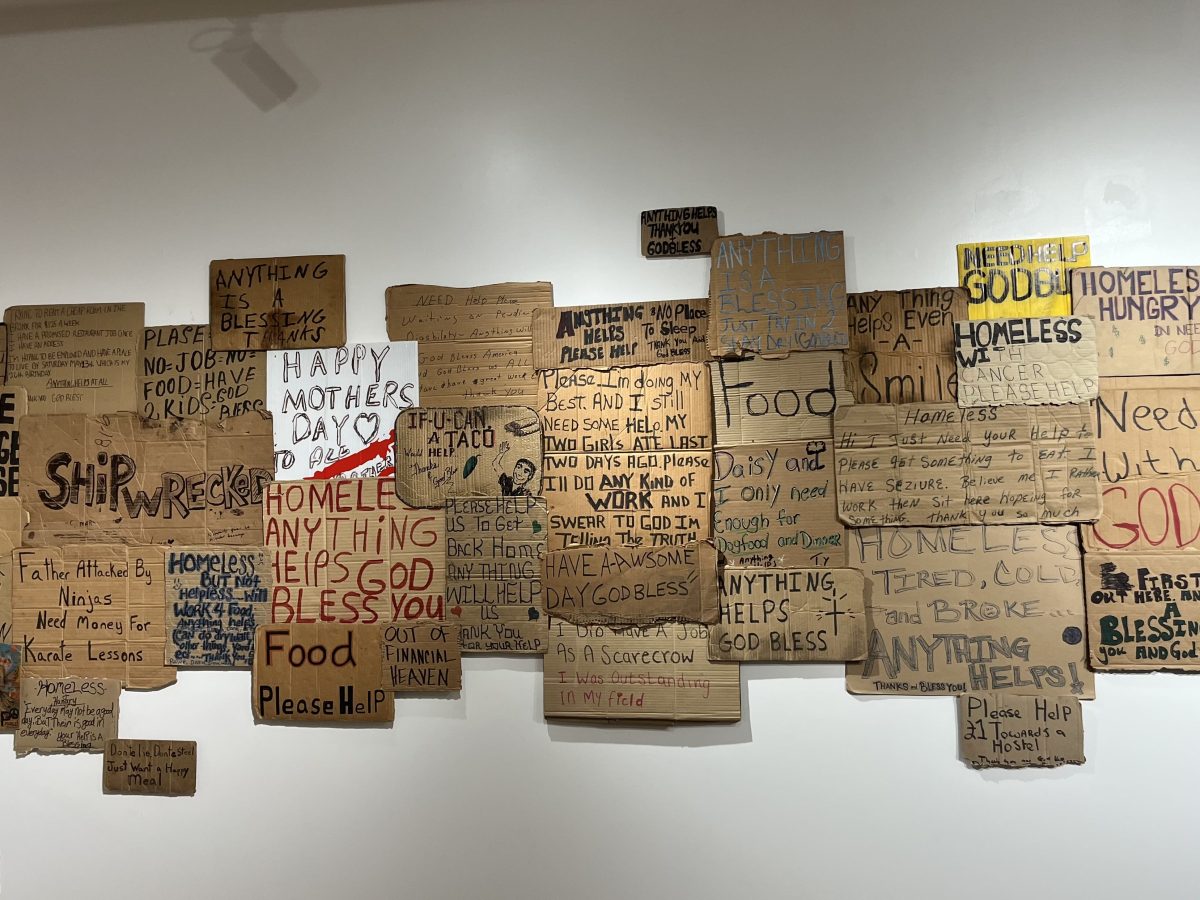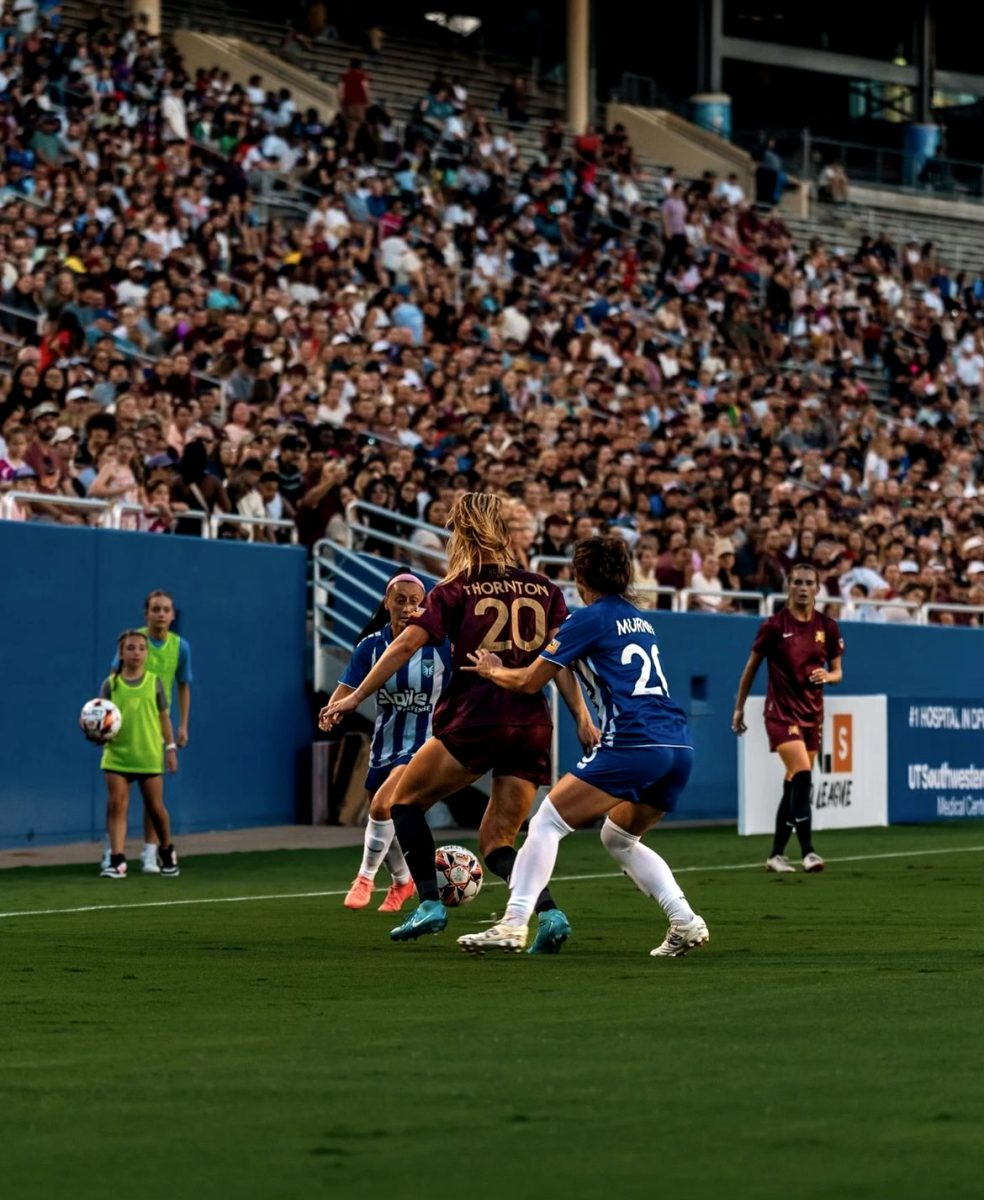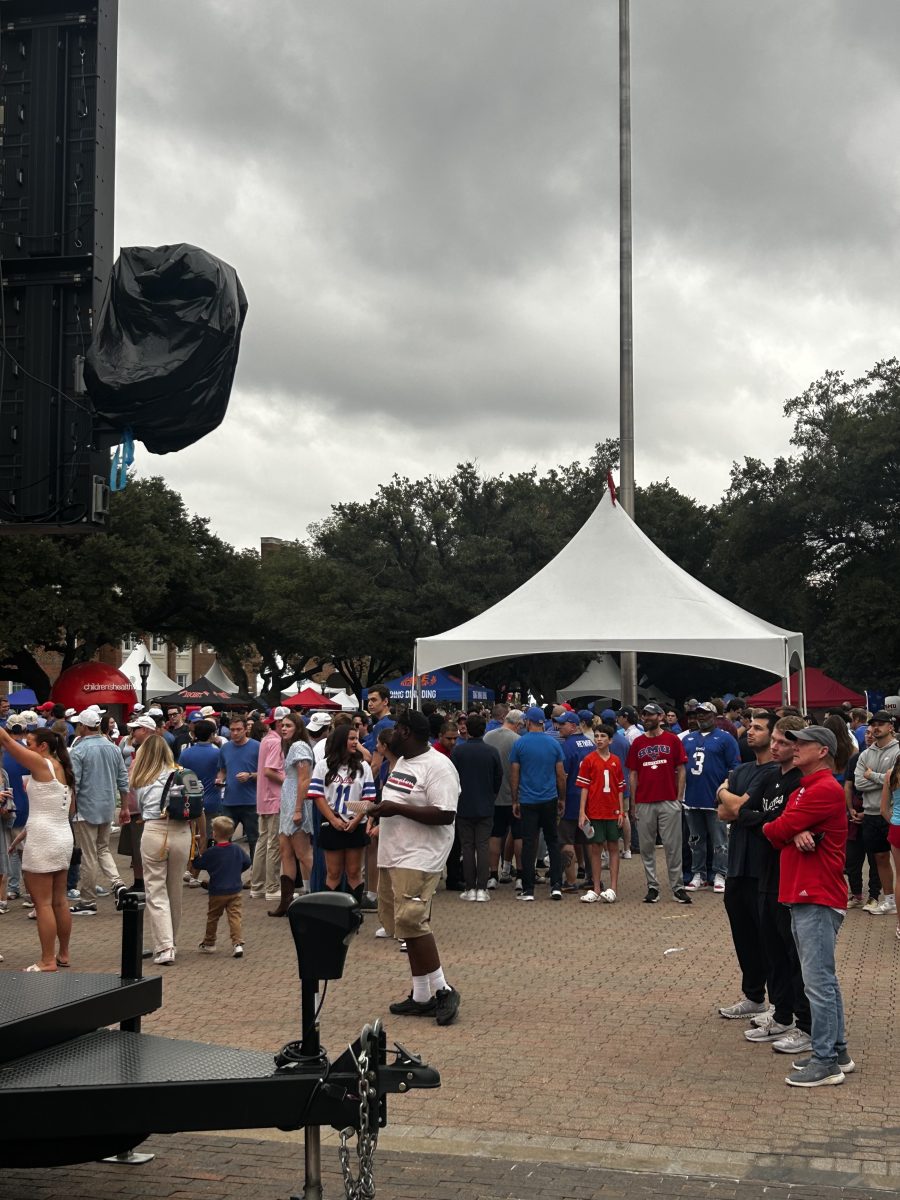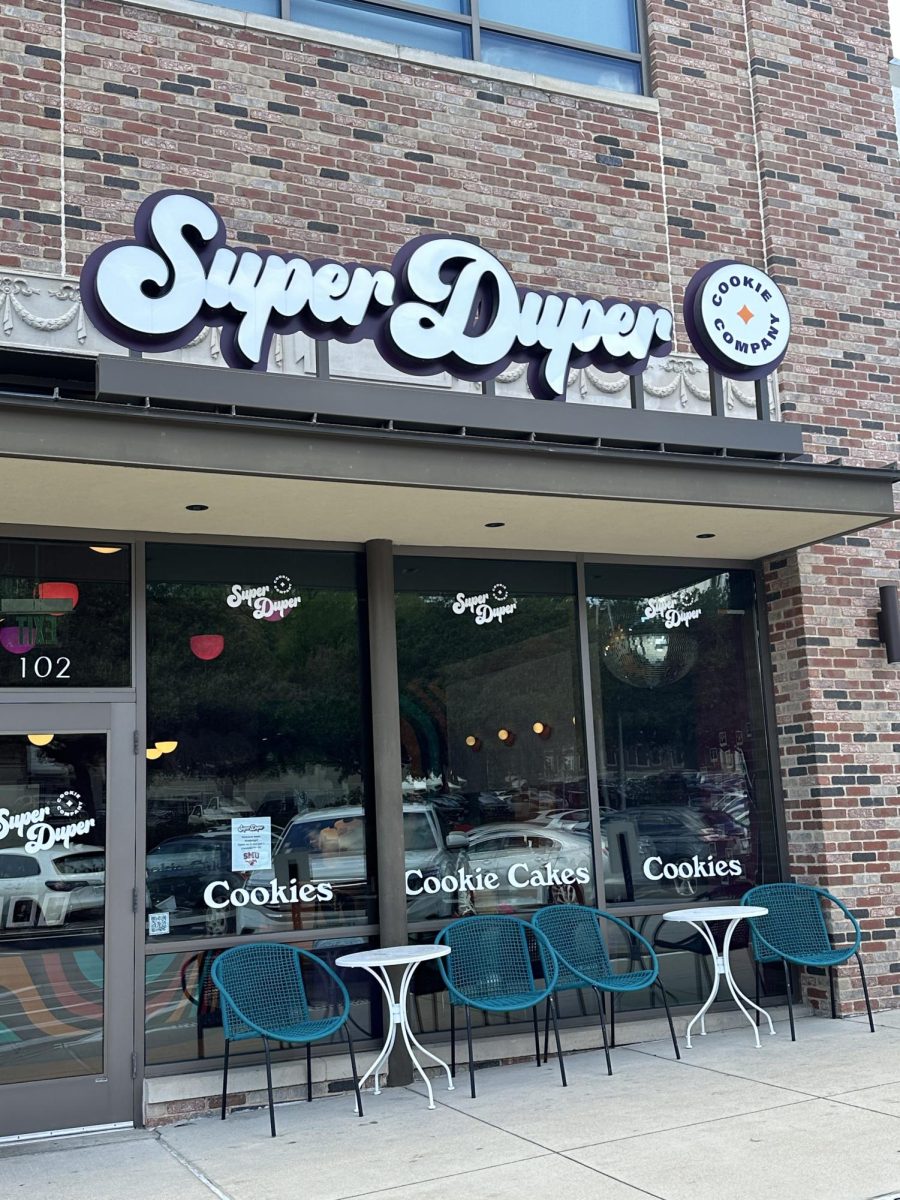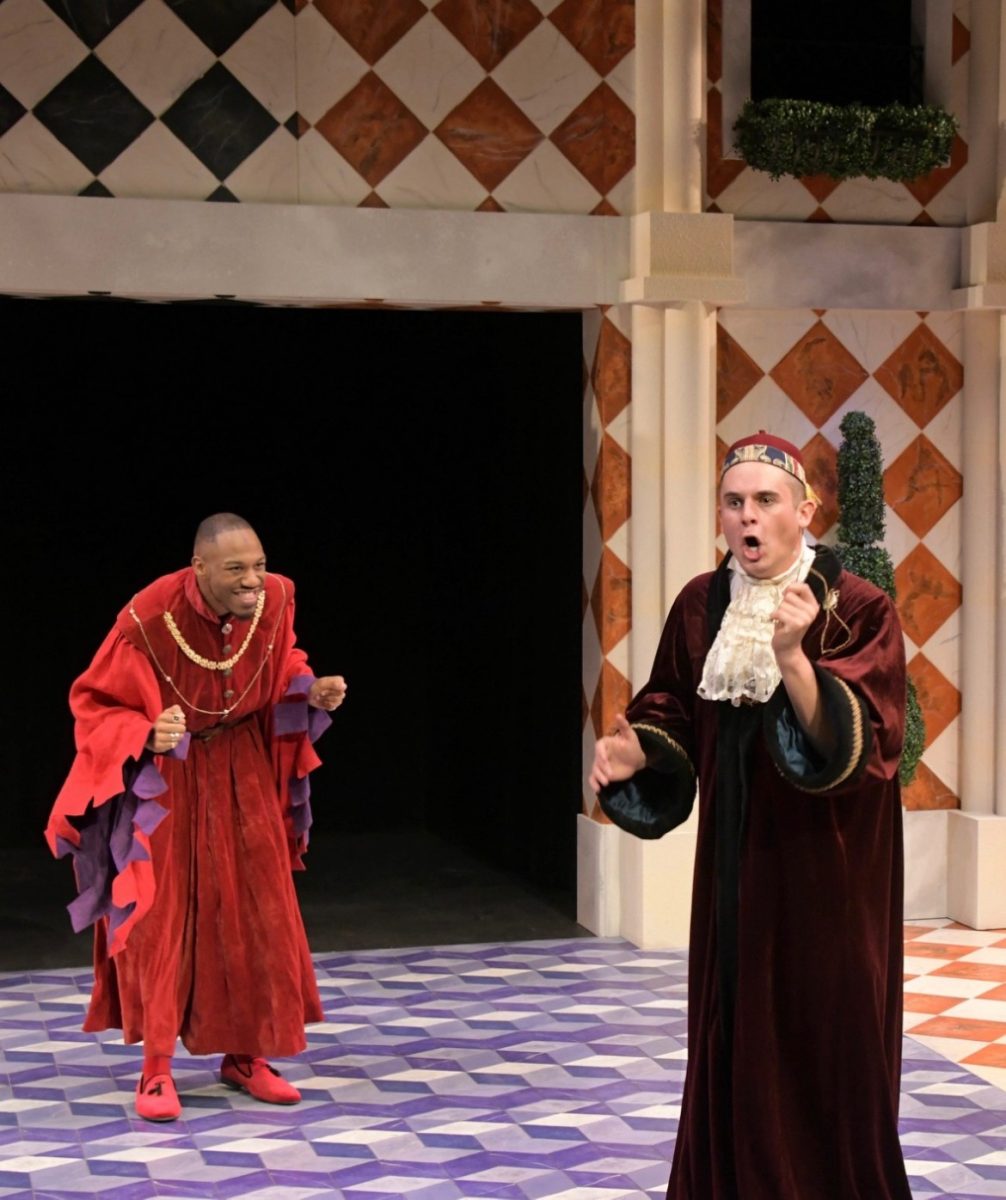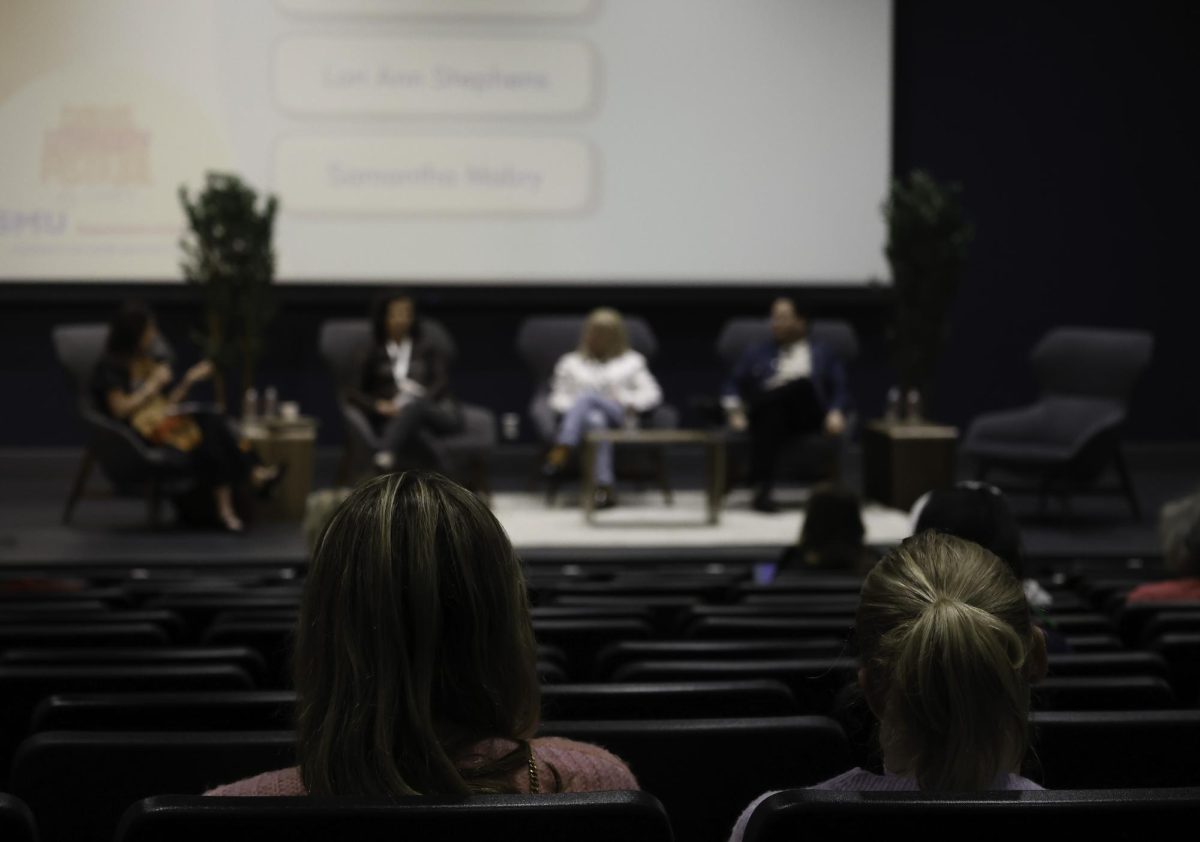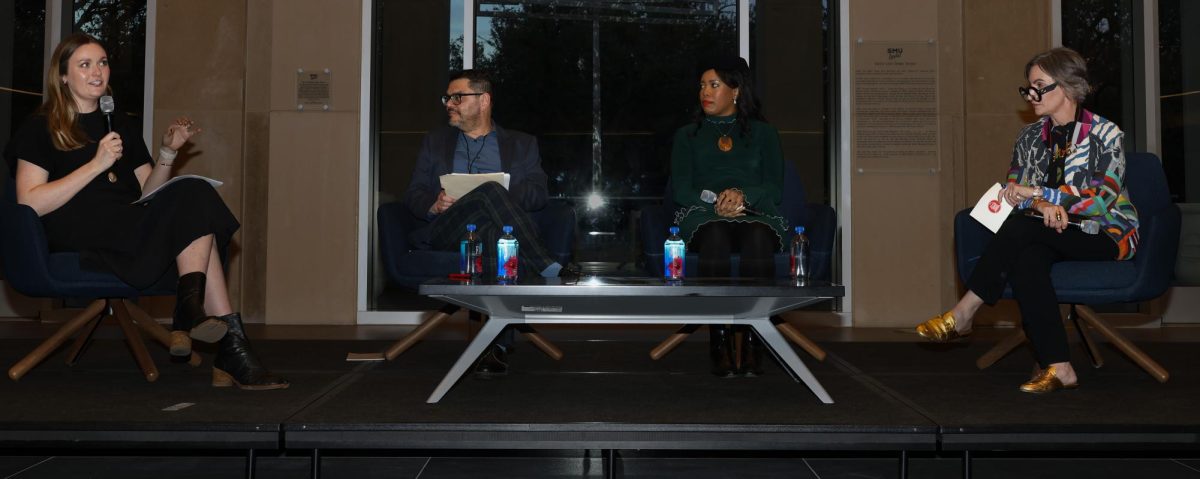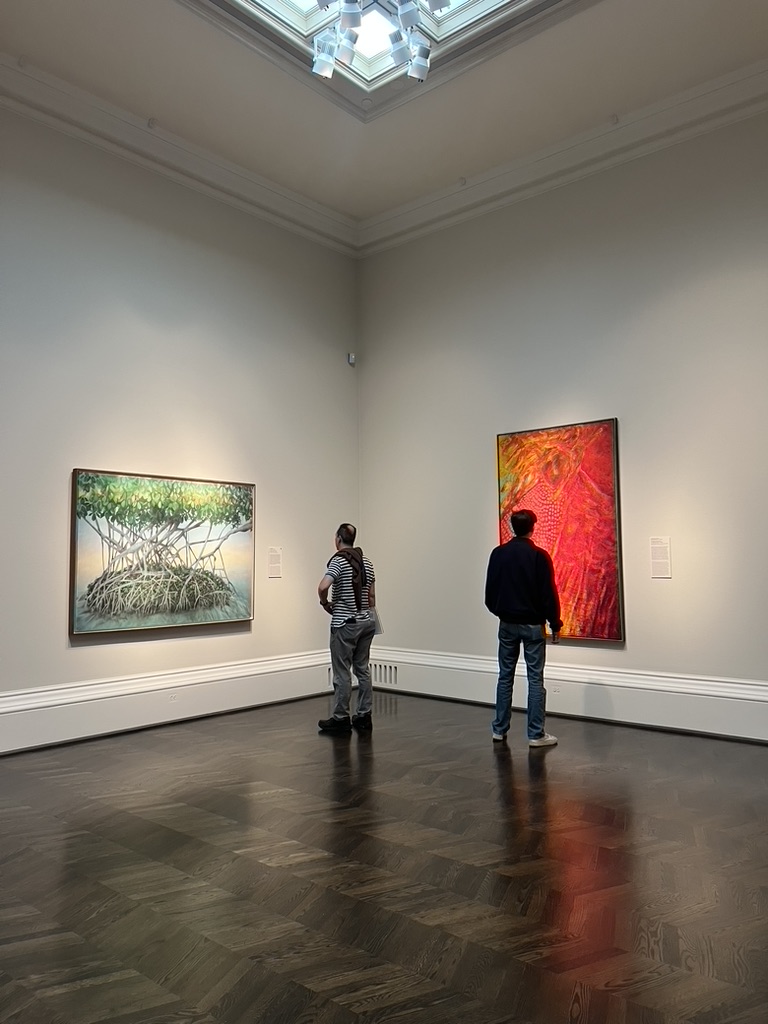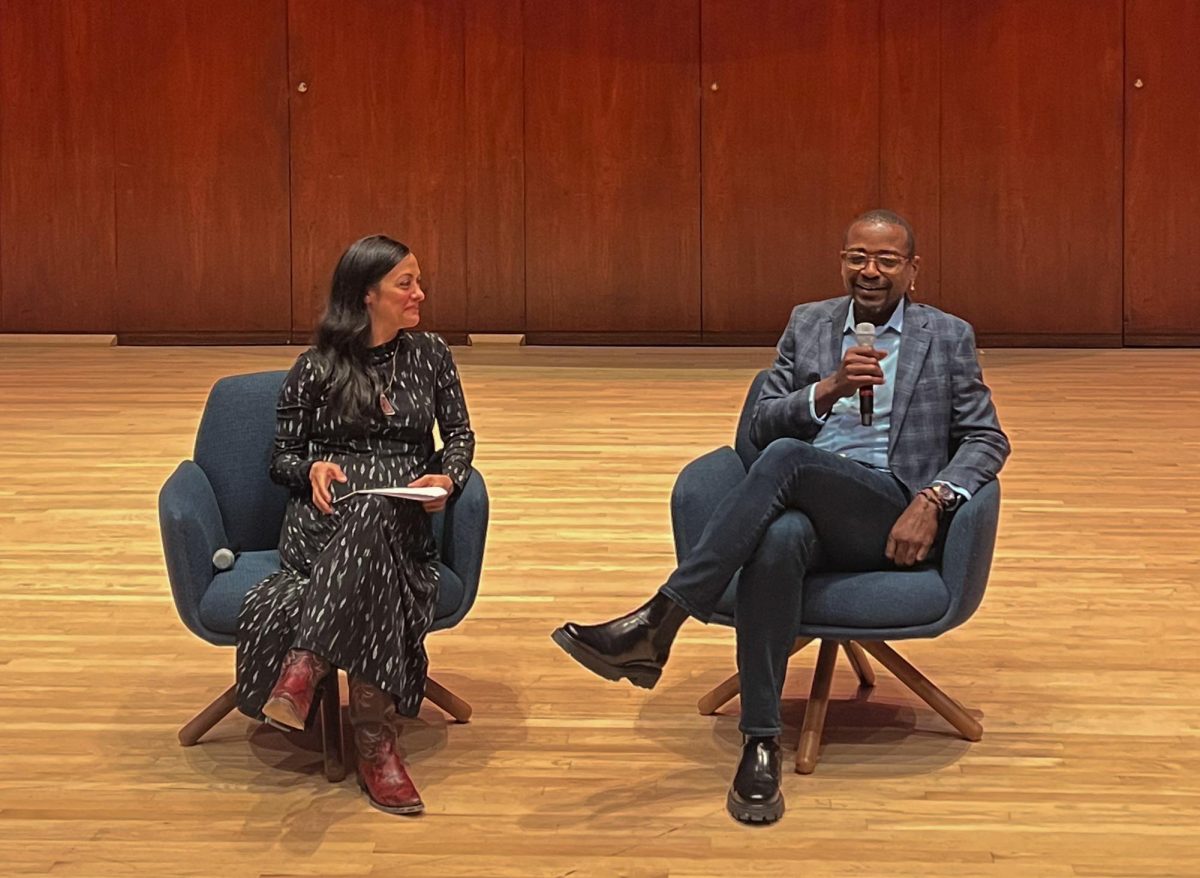“Shipwrecked”, “Food, please help”, and “Spare change, please” were just some of the signs gallery patrons read in an SMU art exhibit last week that captured the stories of hundreds of homeless individuals all over the world.
SMU and Dallas community members also participated in a dinner last Wednesday and discussed Meadows’ latest exhibition, aimed at destigmatizing homelessness.
“Art does have the power to get people to shift,” said exhibit artist and SMU advertising professor Willie Baronet. “My hope is that it’s going to shift in a way that moves the needle.”
“HOME? Humanizing the Homeless: Portraits and Signs” is a joint art exhibit by Baronet and Canadian artist Leah den Bok. The exhibit featured signs from Baronet’s We Are All Homeless project and portraits den Bok has taken of people experiencing homelessness.
Baronet has been buying signs from homeless people for 30 years. His project, We Are All Homeless, has been in exhibits around the country and the United Kingdom, but this is the first time it has been at SMU.
“I’m personally glad that SMU seems to be making strides to grow and learn and include,” Baronet said. “SMU is also a beautiful campus. Look at this atrium we’re sitting in. The contrast of seeing signs in this kind of environment, to me, is powerful.”
Since 2015, den Bok’s portraits have told the stories of people worldwide. She has released books of her portraits and has donated the profits to shelters.
There was also a space where visitors could write what home means to them on a large cardboard sign.
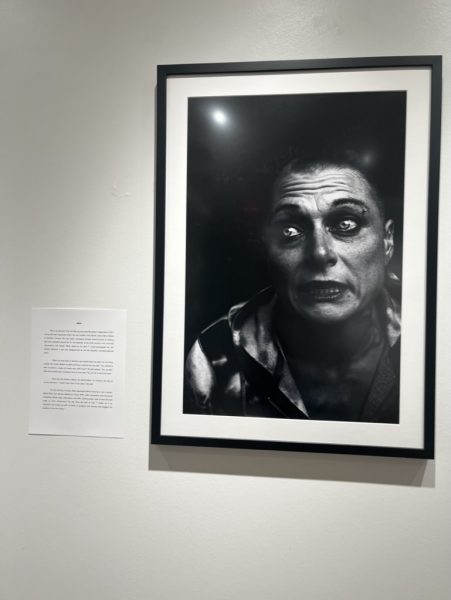
Sam Holland, Dean of Meadows School of the Arts, was very moved by the exhibit.
“The combination of the photographs alongside of the signs is particularly powerful. ” Holland said. “We see the artists and the art, but we realize the deep humanity in many of these people.”
Project Unity’s Together We Dine program led participants in guided conversation inspired by the exhibit.
Pastor Richie Butler, the founder of Project Unity and an SMU Board of Trustees member, partnered with the exhibit to show that it takes everyone to solve homelessness.
“I think we as a collective have to rally around and solve the problem,” Butler said. “If you’re vested in something, you will fight and work to find an answer.”
Project Unity was founded in 2017 after the death of Michael Brown in Ferguson, Missouri. Together We Dine, one of Project Unity’s signature programs, was started the same year after the death of five Dallas police officers during a protest in 2016. The dine program serves as a way for people of all backgrounds and ages to engage in conversations about race. It has reached thousands in the DFW area.
“It offers a safe space to have courageous conversations,” Butler said.
Jolene de Verges, director of the Hamon Arts Library, said the event made her think deeper about the narrative of homelessness.
“There were a lot of powerful stories at the table, people for whom weren’t born in this country and war had caused them to be displaced here,” de Verges said. “It’s not just one story. It’s just so many.”
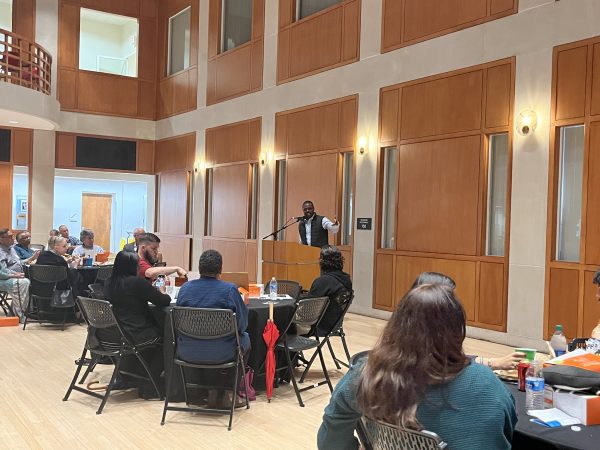
Butler hopes the new perspectives gained from the event will start a snowball effect for change against homelessness in the Dallas community.
“Change can happen, communities can be changed and transformed,” Butler said.
“HOME? Humanizing the Homeless: Portraits and Signs” is on display in the William B. Jordan Gallery until November 17.
Learn more about Project Unity here and We Are All Homeless here.



